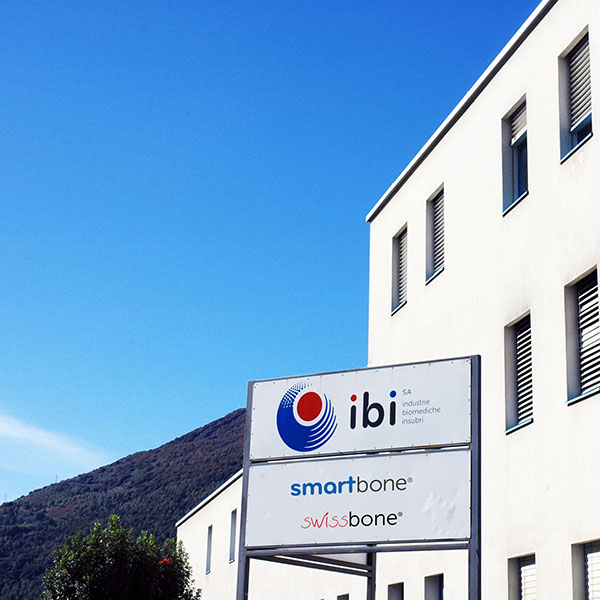CLOSE


There are several clinical conditions that require enhancement of bone regeneration either locally or systemically, and various methods are currently used to augment or accelerate bone repair, depending on the healing potential and the specific requirements of each case. Knowledge of bone biology has vastly expanded with the increased understanding at the molecular level, resulting in development of many new treatment methods, with many others (or improvements to current ones) anticipated in the years to come.
Bone grafting is, indeed, a commonly performed surgical procedure to augment bone regeneration in a variety of orthopaedic, maxillofacial and oral procedures.
Bone-graft substitutes have also been developed as alternatives to autologous or allogeneic bone grafts: they consist of scaffolds made of synthetic or natural biomaterials that promote the migration, proliferation and differentiation of bone cells for bone regeneration.
Different surgical procedures are followed according to each specific case (clinical need, anatomic district, patient’s age and gender, conditions, etc.). However, some key elements are common to all kind of bone regeneration surgery: access the site, clean the receiving bone site and prepare it to properly receive the bone graft (increase vascularization of receiving site), remove the eventual diseased tissue, strongly and robustly secure in place the graft using different surgical techniques (that might include hardware, such as plates or screws, wires, etc.), ensure a very well matching contact with healthy receiving bone site in a very stable manner, protect the graft with a membrane (e.g. long term resorbable one) from contact with non-bony neighboring tissues to avoid connective tissue infiltrations, properly close the surgical site avoiding tensions on the graft.
Last but surely not least, as in all medical procedures, bone reconstructive surgery needs to consider the overall general condition and nutritional status of a patient, because this has a huge influence on and whether bone will form and heal properly.
Stay tuned to follow this topic too!
Main references

IBI SA
Industrie Biomediche Insubri SA
via Cantonale 67, CH-6805 Mezzovico-Vira, Switzerland
t. +41 91 93.06.640
f. +41 91 220.70.00